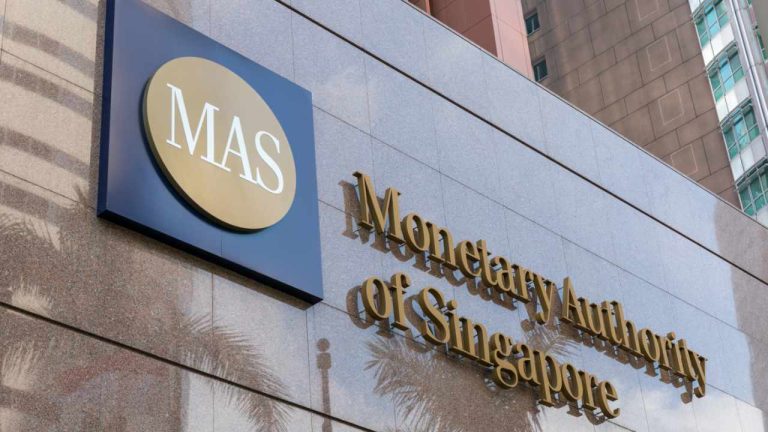
Singapore has implemented new regulations for crypto service providers in a bid to enhance investor protection and maintain market integrity within the cryptocurrency industry. The Monetary Authority of Singapore (MAS) will also restrict lending and staking activities facilitated by crypto service providers for their retail customers.
Singapore Has New Crypto Rules
The Monetary Authority of Singapore (MAS) announced on Monday “new requirements for Digital Payment Token (DPT) service providers to safekeep customer assets under a statutory trust before the end of the year.” Singapore’s central bank detailed:
This will mitigate the risk of loss or misuse of customers’ assets, and facilitate the recovery of customers’ assets in the event of a DPT service provider’s insolvency.
The central bank noted that these measures were introduced following a public consultation in October last year “on regulatory measures to enhance investor protection and market integrity in DPT services.” The monetary authority is now seeking public feedback on the draft legislative amendments to the Payment Services Regulations to put these requirements into effect.
MAS started the consultation just before the collapse of crypto exchange FTX in November last year. Temasek Holdings, a Singaporean government investment company, invested $275 million in FTX and wrote down the entire value of its investment after the crypto firm filed for bankruptcy.
In addition, the Singapore central bank stated Monday that it will also impose restrictions on crypto lending and staking activities. According to the announcement:
MAS will also restrict DPT service providers from facilitating lending and staking of DPT tokens by their retail customers.
The regulator emphasized that “these activities are generally not suitable for retail public.” However, MAS clarified that DPT service providers can continue to facilitate such activities for their institutional and accredited investors.
MAS further cautioned investors that “while the segregation and custody requirements will minimize the risk of loss of customers’ assets, consumers may still face significant delays in recovering their assets in the event of insolvency of the service providers.” The central bank stressed: “Consumers must also remain vigilant and not deal with unregulated entities, including those based overseas, as they risk losing all their assets.”
What do you think about Singapore’s new rules targeting custody, lending, and staking activities? Let us know in the comments section below.







